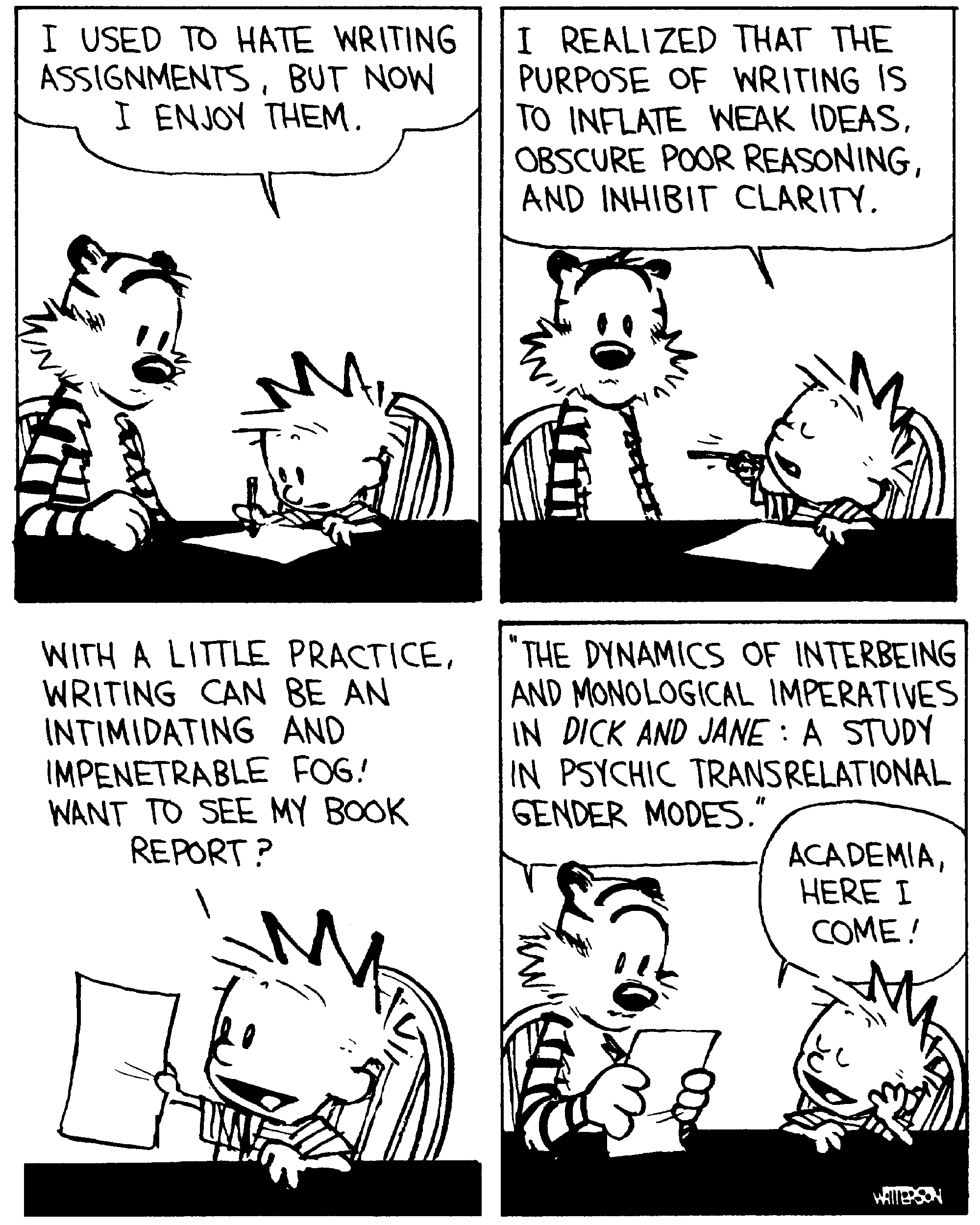Getting Back to Regular Writing
In the past 6 months, my family and I have experienced 3 major traumatic events that have consumed our lives. During this time, I have not been able to do much more than keep up with my workload and the new challenges that I am dealing with. While I have managed to keep up with my instruction and other responsibilities I have in running the Applied Digital Learning Masters, unfortunately, my writing, publication, content creation, and other development tasks have been severely limited. Even though the impacts of these challenges are still present I have learned to live with the changes and am moving forward. I have also gotten to the point where I am able to share the lessons I have learned and over the past few weeks have started writing again. As I move forward I hope that the new stories I am about to share will help others. The following are some of the key points that I will be focusing on as I move forward.
It’s About the Story/Purpose
In the post Sharing Stuff That Sticks and Want to Change the World: Tell a Good Story I make the argument that good stories or a good narrative can have a huge impact. Unfortunately, academics, teachers, and students often forget this simple fact and get caught up in the mechanics of writing, and lose sight of the purpose of the writing.
I am not alone in my thinking about writing. In Why Academics Stink at Writing – Steven Pinker’s article Why Academics Stink at Writing is a must-read – https://learning.hccs.edu/faculty/duncan.hasell/engl1302/academic-writing/Why%20Academics%20Writing%20Stinks%20-%20The%20Chronicle%20of%20Higher%20Education.pdf
Eliminate Passive Voice and Us Active Voice
Consider how difficult the following statement is to understand:
It has been observed in a frequency all too significant that students upon submission of their written assignments have been inclined to have chosen a manner of composition that is too often far from one that is direct enough to be understood as conveying meaning in a fashion that is most expedient.
You will find the interpretation of this statement as well as an assortment of resources and links on how to avoid using passive voice in the post How to Use Zombies to Kill Passive Voice.
Primary Sources
In the post To Get the Real Story You Need to Go to Primary Sources I point to the fact that YOU have the responsibility to verify what you read by reading critically and thinking analytically while looking at the evidence. I have also argued that the notion of trusted sources is something that we cannot rely on anymore, at least not completely. I will go as far as to suggest that there are some sources that I may be more inclined to initially trust but I would still verify.
Whom can you trust? Trust yourself. You need to do your due diligence and look at all the facts and make an informed decision. There is no quick fix. The most efficient way is to go back to the primary sources and see what is really being claimed. Please keep this in mind as you do your research for your writing.
Literature Review – What Does the Data Say Tips
Even if you have to write for a very specific academic purpose like a literature review remember that purpose or story behind what you are looking to the literature for support. Make sure you take some time to review the Literature Review tips on the ADL/EDLD 5305 Tips & Perspectives page –
Going Deeper
Please remember that the following sections of my website/ePortfolio will have a wealth of information that will help you Change the World One Learner at a Time by adopting a Learner’s Mindset and sharing that journey.

































